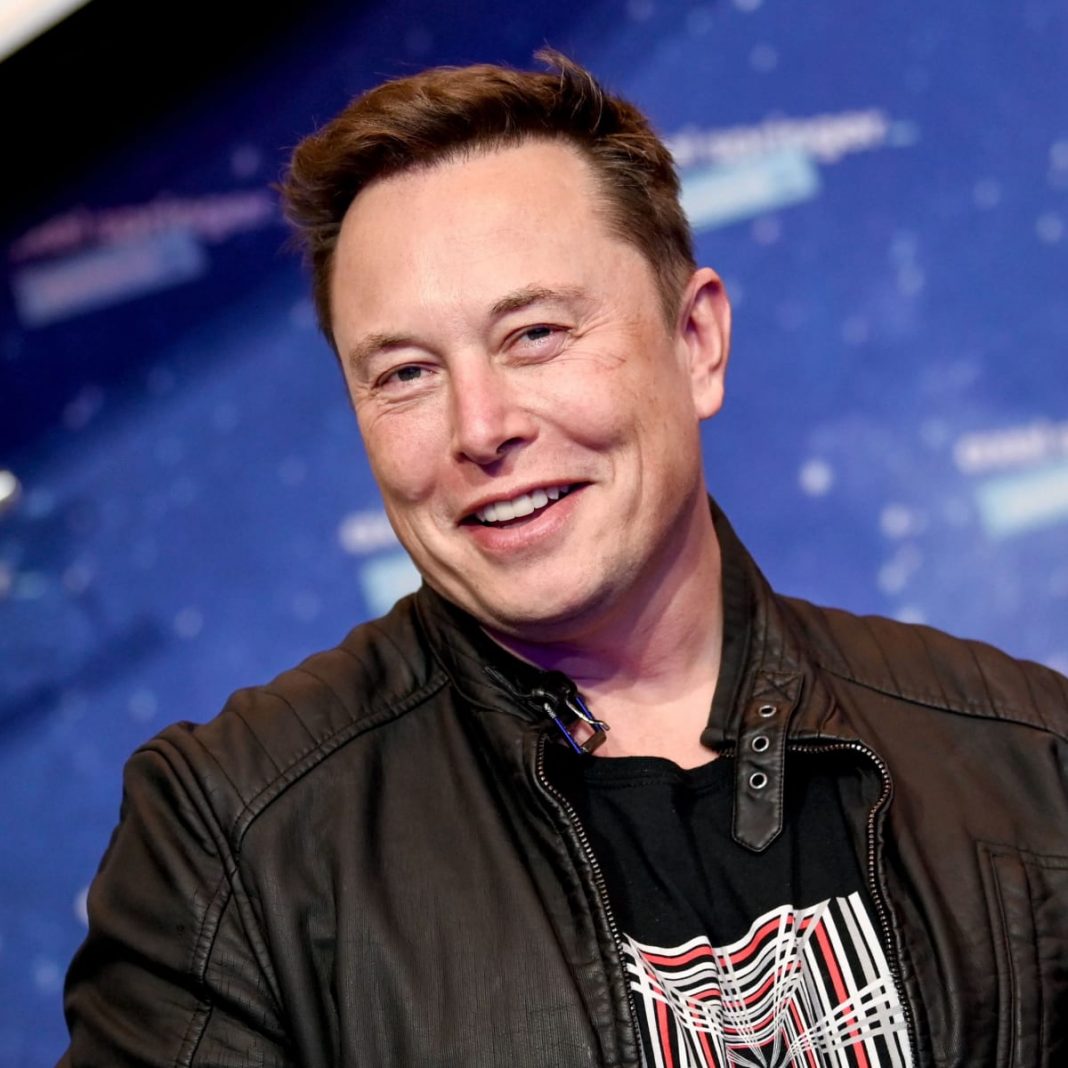Tesla’s (TSLA.O) Elon Musk will be in the tiny hamlet of Gruenheide on Saturday to host a county fair, with final approval for its German factory potentially just weeks away. Despite pandemic-related restrictions in Germany prohibiting gatherings to under 5,000 people, Tesla asked for – and received – permission to host 9,000 people at the Oct. 9 ‘Giga-Fest,’ when local authorities agreed the event would be COVID-free. Following officials’ approval of the company’s new site, before final approval was given, environmentalists believe this is just the latest example of Tesla being given too much flexibility to act disruptively in Germany, a pattern they fear will continue.
Musk’s pre-approvals from local authorities to build without final approval are legal, but they’re rarely used by German companies because of the risk: if final approval isn’t granted, Tesla will have to pay to demolish everything.
While some criticize Musk’s attitude as a disregard for German caution, others, who believe German regulations governing planning, jobs, and environmental concerns are overly burdensome, embrace the impact he could have on the country’s business culture.
The factory will create 500,000 electric cars per year and generate 50-gigawatt hours (GWh) of battery capacity, more than any other plant in the country, once it is up and operating.
According to IG Metall, conversations between the union and applicants indicate that Tesla, whose CEO is known for his tumultuous relationship with organized labor, is offering a salary 20 percent lower than other German automakers’ collectively bargained rates.
It’s also upending traditional German contracts by giving packages that include stock options and bonuses instead of predetermined vacation money.












